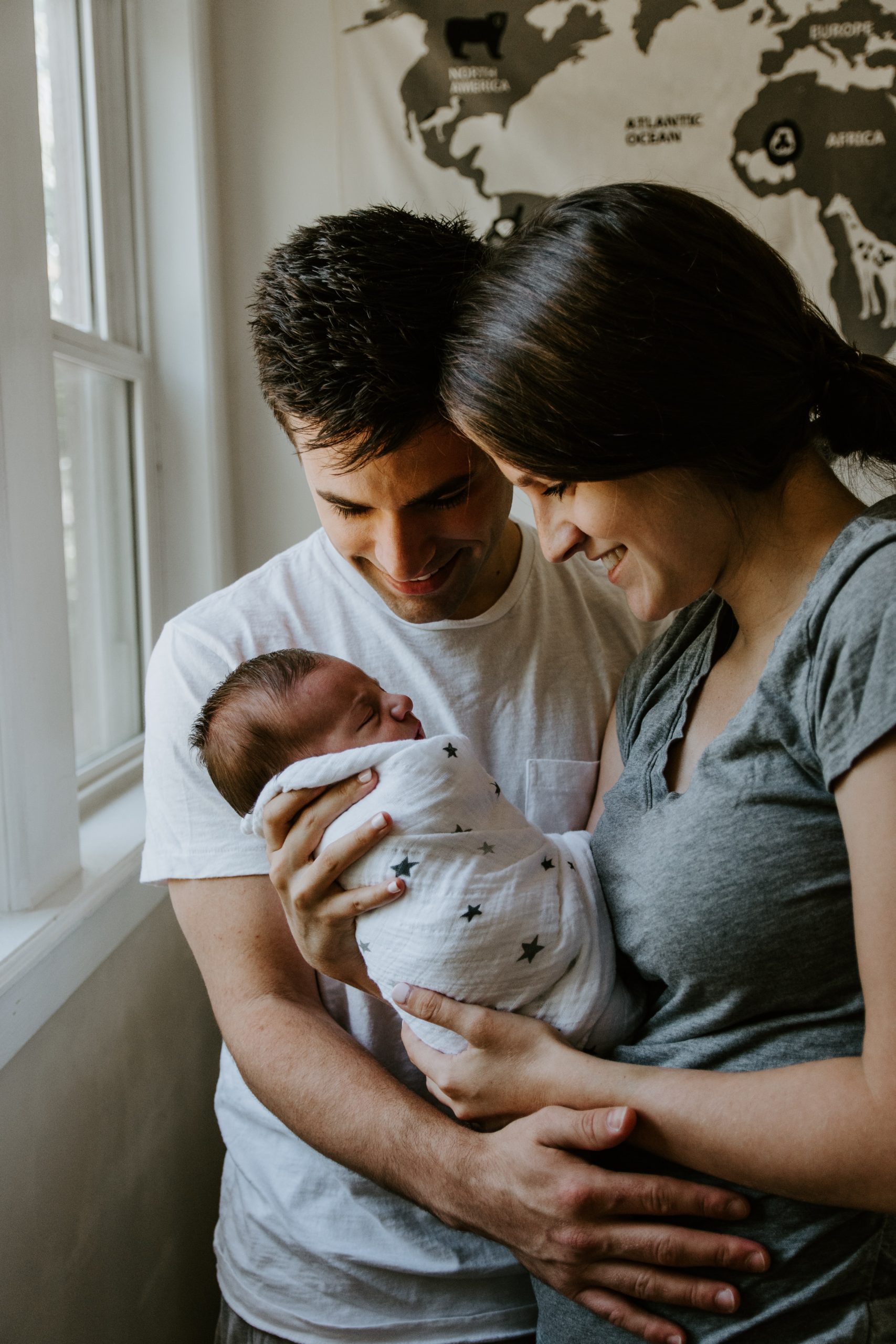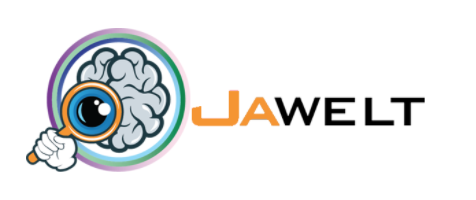
-
Understand why my children act the way they do, based on their active brain structure and development of the brain
-
Understand the impact of my parenting style
-
Adapt my communication and reactions based on the children’s active brain structure
-
React appropriately when my child is under stress
-
Grow my children’s self esteem
-
Help my children develop a stable world view
-
Help my child develop a more efficient study method
-
Foster the natural talents of my children
-
Remain calm when it seems we’re in the middle of a battlefield
-
No previous knowledge required – I will take you step by step through the different concepts, models and brainstructures presented in the course
-
No specific materials are needed for this course. Taking notes is recommended
Congratulations! You just found the N°1 course on parenting on Udemy. With over 27.000 students and raving reviews, you can’t go wrong with this one…
Thanks to this course I’ve been asked for countless interviews, podcasts and conferences. I’ve even been asked to collaborate on a UNICEF backed project to help parents in the education of their kids.
This is the real deal. My expertise is in Brain Science. This is what I do for a living: sharing my passion for the brain with you. And with this course, you’re in for a treat…
Amazing kids…
How to raise amazing kids… I’m not saying that your kids will become amazing with this course. I’m saying they already are and this course will help you raise them.
It’s as much about you, as it is about them. This course contains information that every parent should know
We all know parenting can be hard sometimes. The thing is, kids aren’t adults and their brains are different as well. They react differently, and need different things. Some activities are helpful, others not so much.
we will go from the newborn baby to the young adult. I will give you the keys to understand why your child is behaving in a certain way, and more importantly, how to react to it. I will help you grow their self esteem, develop a stable world view, foster their natural talents, help them deal with bullying and peer pressure.
We will cover some fascinating studies about parenting, some do’s and don’ts, some tips and tricks, and we will be busting some common myths about parenting as well. You’ll learn when to stay firm and when to be lenient, how to stay calm when you’re about to loose it, and much more. The course is packed with concrete real life information. I’m a father of two myself, and my two kids are an endless source of inspiration and anecdotes that I’ll share with you,
The Neuroscience behind the course…
Neuroscience for Parents is based on the NBA – the Neurocognitive and Behavioral Approach. Basically, what the NBA does, is studying how the brain works and its impact on human behavior
The NBA was developed in France, over a period of 25 years, by Dr Jacques Fradin, at the institute of environmental medicine. It is a fascinating, innovative and multi-disciplinary approach. It combines the fields of neurosciences, social psychology, behavioral sciences and many more to come up with one overlaying, comprehensive theory which gives unique insights in our complex human nature.
As the director of the Institute of Neurocognitivism I had the chance to work with Dr Fradin and become an expert in his groundbreaking approach.
I’ve developed this course to translate his work into useful insights and tools for parents. Being a parent is probably the most beautiful, ungrateful and difficult task in the world. Also probably the most important one. Therefore, all help is welcome. I know first hand, as I said, I’m a dad myself.
A dynamic course…
Now all this neuroscience and scientific studies could come across as complex or even boring. But the truth is, I’m more a communicator than a scientist myself. I’m a strong believer of edu-tainment, and that is exactly what you’ll get in this course.
But there’s more to the course than just the recorded lectures. You see, first of all, we’ll answer any question you may have within 24 hours (but usually much faster than that). This leads to the comments and questions section being packed with great additional info you can freely go through. On top of that, several times a month, you’ll receive educational announcements from me, posts from my blog, with additional insights about brain science or parenting. and finally, the course itself will grow over time, as I add more lectures to it.
A lot of people already told me every parent should be taking this course. And who am I to disagree… But don’t take my word for it, just go over to the reviews and look at what some of the students had to say. It has been praised by pediatricians and parents alike (and if for any reason you don’t agree with them, there’s always your 30 day money back guarantee).
Join now, and get the best out of your amazing kids!
- if you have children or grandchildren, aged between 0 and 17 years old, this course is for you
Introduction
Before we start...
Now that we’ve been playing around with the NBA, analysing our own life and trying to make sense to everything happening in that skull of ours, let’s see how that plays out with others. Let’s apply all this to our kids.
Kids… Jee, there’s so much to say.
Let’s maybe start with making a distinction here. Not all kids are the same. There’s the 1/3rd rule:
1/3rd of the kids are easy going. They listen, they obey, they’re like poster kids (yes, they do exist)
1/3rd of the kids are challenging. They have a high sensitivity. They are high maintenance and need a lot of attention.
1/3rd of the kids have issues. They need special, professional attention.
What determines what type of kid you end up with, is mostly a lottery. At least, at first. When parenting is done right, you will slowly but surely evolve towards the first category. If parenting is done wrong, you evolve in the opposite direction.
So if you are in the first category, consider yourself blessed. You basically got lucky. If you’re in the second category, you’ll need a lot of patience, love and some guidance (which we’re about to give you) and everything will eventually turn out great. If you’re in the last category, get professional help. The sooner the better. Seriously.

Babies and toddlers can be a real challenge. I mean, a REAL challenge. Even applying all the best advice and tips in the world, you can still end up feeling overwhelmed. Don’t despair. It will get better. Eventually.
This topic of parenting is very dear to my heart. I have two kids myself, and they didn’t came as category 1 angels. It really felt hellish at times. Everyone around us was repeating what an amazing parents we were, but we felt like sh*t. We felt we were failing miserably. Sure, it would probably have been easier if we would have used physical punishments, or used the TV to keep them quiet and entertained, but we knew how these things affect their little brains, and we refused to go down that road. We tried really hard to do the things the ‘right’ way. Slowly but surely, we found the keys to making it better, one step at a time. Slowly but surely, we started to see results. It takes time. It takes perseverance. but the payoff…
I mean, we are all a work in progress. They are as kids. We are as parents. But when done right, those kids become truly awesome. We’re talking emotionally balanced individuals with a healthy self esteem and the right attitude to take on any challenge in life.
And the keys to get there, are in this course
(click ‘complete & continue’ to start this course)
Welcome
How to take this course
A few guidelines on how to follow this course
The Reptilian Brain
The Primal/Reptilian Brain
Discover how our survival instinct works
The reptilian baby
Stress is not reserved to adults only. It's a defense mechanism that is embedded in each of us, regardless of our age. So how can we deal with the stress of our babies, toddlers, children, youngsters,...?
On Movement
One of the primary functions of the reptilian brain is the coordination of movement.
On climbing trees
Why climbing trees is good for them
On Food
Another function of the reptilian brain is linked to food and taste
Sleep
The importance of sleep can not be overestimated
On Co-sleeping
Why sleeping with your kids isn't bad for them, and how to keep it under control so you get some sleep too...
The Paleolimbic Brain
The Paleolimbic Brain
Discover how we position ourselves towards others
The Parental Instinct
How parental instincts have helped us survive as a species... and how to deal with it.
The Paleolimbic toddler
Ever heard about the "Terrible Two" or the "Threenager". It's also referred to as the first adolescence. In this lecture we will see why they behave like that, and how to react to it.
The key to self confidence
How can you help your child develop a healthy level of self confidence? Discover it here, in this lecture.
beat the bully
How I helped my son to overcome being bullied at school
Submissiveness vs Shyness vs Introversion
Understand the difference between submissiveness, shyness and introversion, and how to react to each
Social pain
Others can be the source of great joy and great pain. This is true as well for our relation with our kids.
Why we should teach our kid to trust us
Learning your child to trust is one of the strongest foundations for later success. Discover why and how in this lecture.
The Neolimbic Brain
The Neolimbic Brain
Discover the home of our motivations and personalities
On Expectations
On Punishments
Should we punish and how harsh or lenient should we be?
Parenting Styles
One of the most interesting theoretical frameworks regarding parenting
Your kid has personality!
How to help your child find it's own natural talents
Bonus: Mindset and school choice
On compliments
Is there a way to compliment our kids? And what if we don't?
Small social traumas
Probably the most important part of this course. If there is only one thing you would remember it should be this!
The Prefrontal Brain
The Prefrontal Brain
Discover what makes us truly human
Two tricks to stay calm
The Mozart Effect
Yep, classical music won't make a genius out of your kid...
On learning
How you can help your kid with school
Adolescence
A lot of parents apprehend the adolescence of their children. Gain insight in what's happening in their brain and become their ally instead of their ennemy.
Screen Time
The truth about screen time
Grit
Bonus: Kids need rejection
Conclusion
The perfect parent
As a parent, how high should we aim? Is it possible to reach perfection? what if we fail? what are the consequences? Will we traumatize our kids...?
You are raising your kid
Did you really believe you are the one raising your child? Think again.
You raised your kids in the same way... and yet...
If you give your children the same education, why do they turn out so differently?


There are no reviews yet.